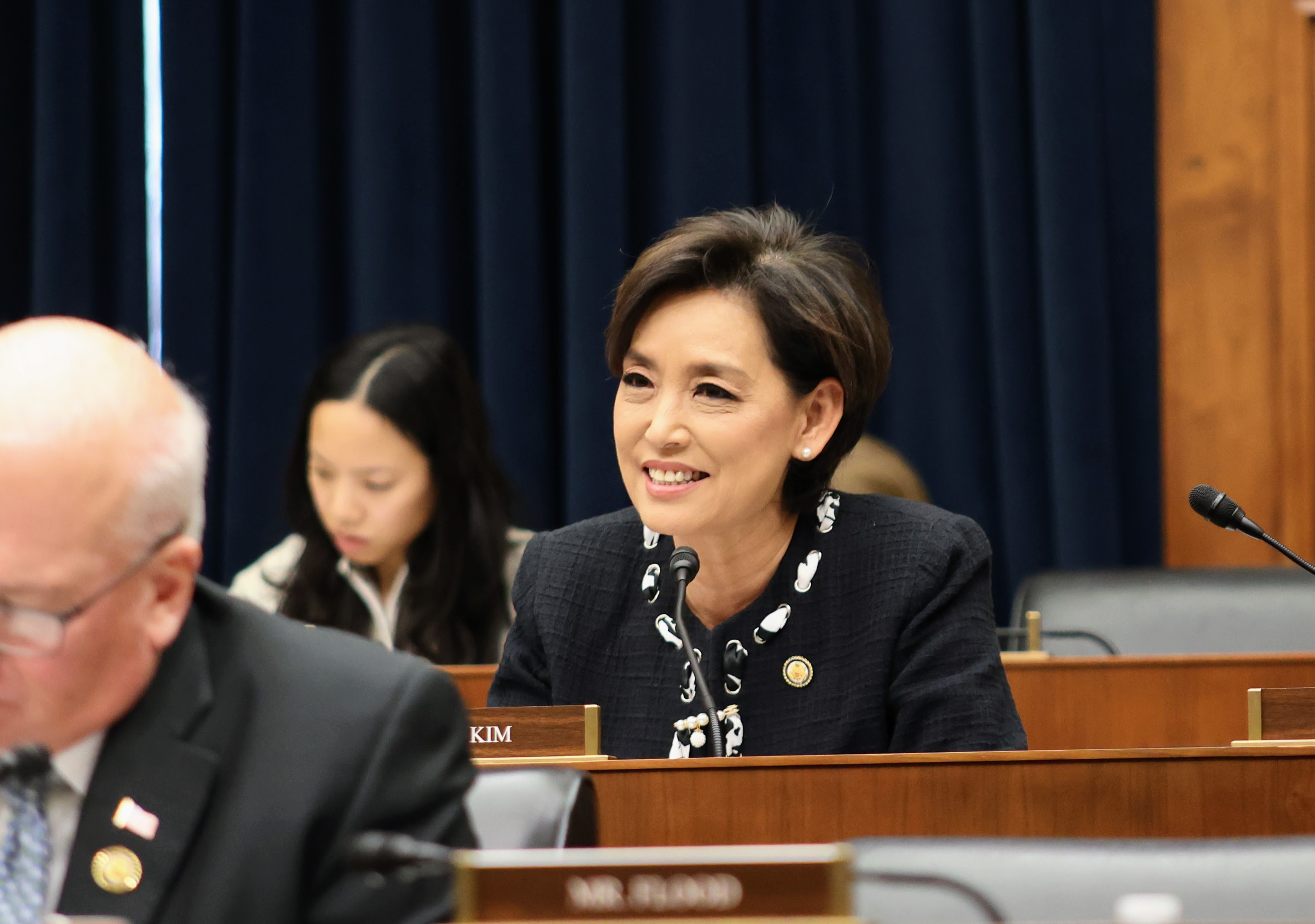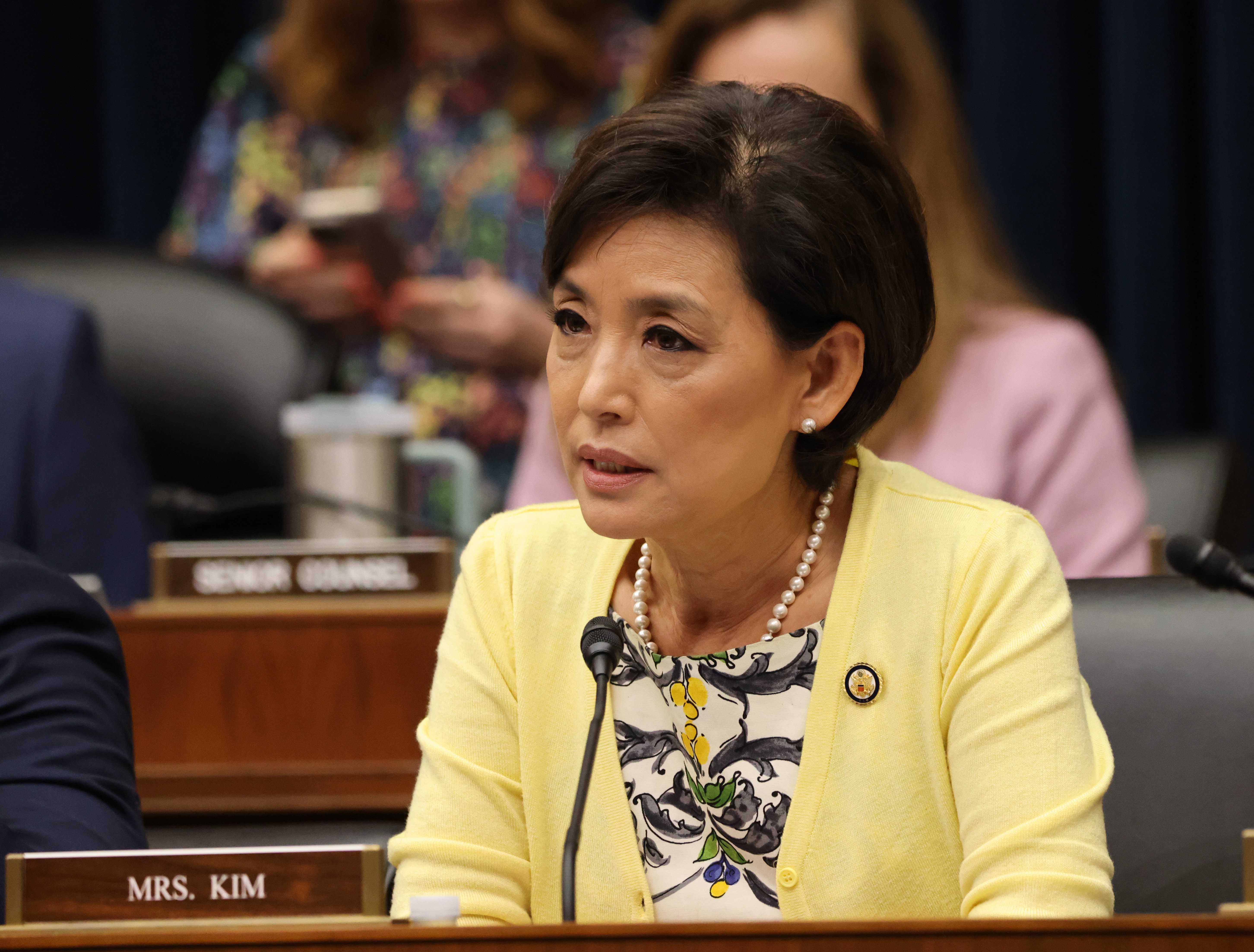US Expectations and Real Geopolitics
Despite their growing economic partnership, the Republic of Korea has refrained from restoring diplomatic relations with Taiwan, which were severed in 1992 when it established diplomatic relations with the PRC. In 1993, however, South Korea opened a representative office in Taipei to maintain unofficial bilateral relations and continue cooperation on specific issues.
On the other hand, the Yoon Suk-yeol administration has followed Washington’s lead on issues related to Taiwan, and Yoon has repeatedly stated in media interviews that Seoul opposes any attempts to forcibly change the status quo in the Taiwan Strait, a stance that has caused displeasure in Beijing. But when Yoon talks about ‘human rights’ or ‘the situation in the South China Sea’ he does not openly refer to the country whose name begins with ‘C’.
Nevertheless, the US is trying to ‘nudge’ Seoul in a more pro-American direction. For example, on March 19, 2024, the chairwoman of the United States House Foreign Affairs Subcommittee on the Indo-Pacific, ethnic Korean Young Kim, expressed the hope that South Korea would support the US and Taiwan in the event of an ‘unforeseen situation’ in the Taiwan Strait. The Congresswoman emphasized that Taiwan is of great importance as a ‘beacon of democracy’ (as well as being the world’s largest semiconductor manufacturing center) and moreover, that if the island’s security is not ensured, Xi Jinping will not stop at Taiwan but ‘go further,’ this posing a danger to all countries in the Indo-Pacific region.
However, she was forced to admit that for the ROK, security on the Korean peninsula and countering the ‘immediate’ threat from the DPRK remains the number one issue. Therefore, its level of engagement with Taiwan will be less than recommended.
Who will go to offer congratulations?
Nevertheless, it was clear from the outset that the government of the Republic of Korea was unlikely to send an official delegation to the inauguration of Taiwan’s President Lai Ching-te. On May 16, 2024 Seoul officially announced that it would be represented by Cho Kyung-tae, head of the Korea-Taiwan Parliamentary Friendship Association, as it had been when Lai’s predecessor Tsai Ing-wen took office.
On May 21, Beijing, as usual, lodged a strong protest with South Korea’ and urged Seoul not to interfere in China’s internal affairs in any way.
In response, a representative of South Korea’s Ministry of Foreign Affairs Lim Su-sook stated on May 23 that “There is no change in our government’s stance of respecting the One China policy.” Seoul is closely cooperating with Beijing on issues related to Taiwan, and the Chinese government is well aware of the ROK’s position, so China’s accusation is interference in South Korea’s internal affairs.
However, in response to similar critical statements by Seoul, or Seoul and Washington, regarding China’s policy in the South China Sea, either the Chinese Ministry of Foreign Affairs or the Chinese Embassy in South Korea have raised objections. And each time, South Korea has responded with a statement along the lines of the one Lim Su-sook made above.
Several examples of humanitarian and cultural cooperation.
On April 11 the South Korean government promised to provide Taiwan with humanitarian aid totaling $500 000. As reported by the Ministry of Foreign Affairs, the money will go to help residents of areas affected by the devastating earthquake on April 3 on the eastern coast of Taiwan, in which 16 people died, and more than 1,100 were injured.
On November 5, the Gyeonggi Content Agency (GCA), a state institution promoting the cultural industries of Gyeonggi Province, announced that it will participate in the Taiwan Creative Content Fest 2024 (TCCF) to present promising cultural content companies from the province to a global audience.
The Opposition’s stance
On March 22, South Korean Democratic Party leader Lee Jae-myung, guided by the logic of factional struggle, made a series of statements which shocked Conservatives. Chinese people don’t buy South Korean products because they don’t like South Korea. … We should just say ‘xie xie’ [thank you] to China and ‘xie xie’ to Taiwan as well. Why do we interfere in cross-strait relations [between China and Taiwan]? Why do we care what happens to the Taiwan Strait? Shouldn’t we just take care of ourselves?
Given the fact that during the presidential campaign, Lee had promised to drown Chinese poachers in South Korean waters without trial or investigation, the present author perceives this as mere political demagoguery – the main thing is that the opposition’s point of view on a contentious issue should be diametrically opposed to that of the government.
In addition, sources connected with the Democrats are spreading rumors about a secret agreement that obliges Seoul to participate in the conflict over Taiwan if necessary. “During Yoon’s presidency, Korea literally became a submissive victim, conceding too many of its interests to the US and Japan while excessively straining relations with China and Russia.”
In an interview with This Week In Asia, Kim Joon-hyung, a senior member of the Rebuilding Korea Party (the notorious party founded by Cho Kuk) claimed that “there have been growing discussions in Washington among some military commanders and congressmen that South Korea and Japan should intervene in a crisis over Taiwan”. Therefore, the opposition has introduced a bill seeking to prohibit the country’s armed forces from intervening in the Taiwan crisis or other international combat zones to “make them focus on their primary mission of protecting the South from the threat posed by the North.”
Additionally, Kim Joon-hyung wants to introduce bills requiring the president to obtain parliamentary approval before providing lethal weapons or financial support above a certain threshold to other countries. In his view South Korea should not be engaged in a balancing act between global superpowers, but should rather strive for strategic autonomy.
Risks and Opportunities for South Korea in the Event of a Conflict in the Taiwan Strait
The present author elaborated on this topic in a previous article, arguing that Seoul would not be able to stay out of such a conflict, and that by siding with the US, South Korea would open itself up to a Chinese response proportional to Seoul’s involvement in the conflict. The risks may be as follows.
- A rupture or weakening of relations with China on the economic front, which would be a painful blow to South Korea’s economy.
- A strengthening of cooperation between China and the DPRK – both political/diplomatic and military.
- In a worst-case scenario, China’s People’s Liberation Army could launch an attack on US bases in South Korea, with the understandable risk of ‘collateral damage’.
The potential opportunities can also be divided into several groups.
- If Taiwan were to be turned into a battleground, this could lead to the strengthening of South Korean-American ties, and the former could be granted most-favored-nation status.
- Eliminating Taiwan, which is a competitor in semiconductor and electronics production, would be economically beneficial for South Korea.
- The conflict with China could be used for domestic political purposes, and serve as a pretext to sideline the opposition.
South Korea is therefore likely to continue its balancing act, and in the event of an escalation will limit itself to providing political and diplomatic support to the US or, in the event of greater tensions between Seoul and Beijing, to supply arms (preferably non-lethal).




